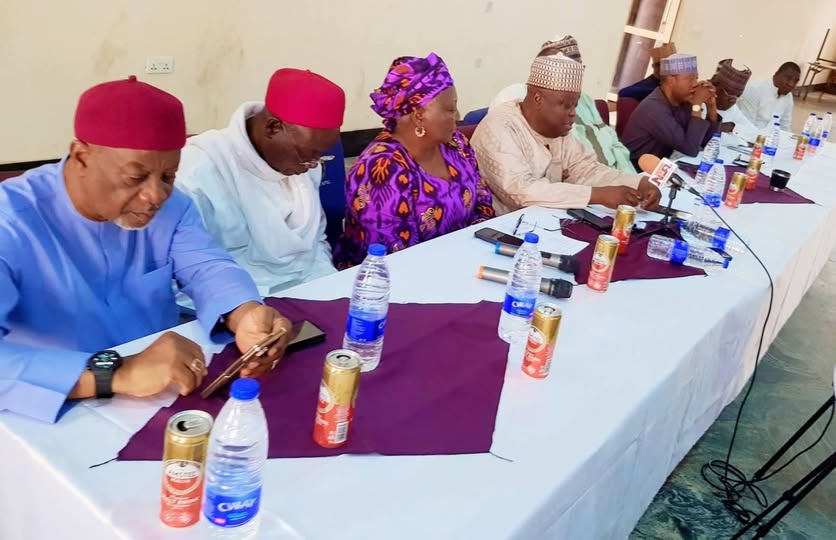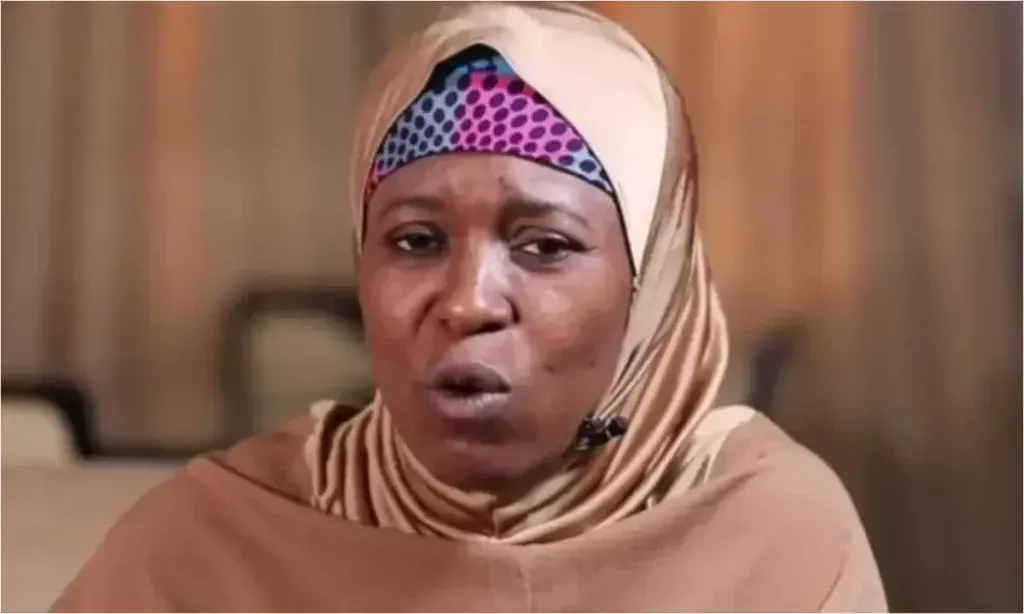In response to the suspension of petroleum product transportation and distribution by the Nigerian Association of Road Transport Owners (NARTO), the Federal Government has pledged to address the challenges faced by oil transporters and distributors. The decision to intervene comes as fuel queues resurface at various stations across the country, leading to disruptions in the supply of petroleum products.
During a meeting with key stakeholders in the downstream sector, including NARTO, the Independent Petroleum Marketers Association of Nigeria (IPMAN), Petroleum Tankers Drivers (PTD), and the Nigeria Union of Petroleum and Natural Gas Workers (NUPENG), Senator Heineken Lokpobiri, Minister of State for Petroleum Resources, emphasized the government’s commitment to finding sustainable solutions to the issues raised by the transporters.
One of the primary concerns cited by the stakeholders is the exorbitant cost of diesel, which exceeds N1,300 per litre, essential for fueling their trucks for nationwide transportation and distribution of petroleum products. Consequently, many fuel stations, including NNPC Ltd. retail outlets, faced shortages and long queues, with the few operational stations selling fuel at inflated prices ranging between N617 and N675 per litre. Black market activities also intensified as a result of the supply disruptions.
Minister Lokpobiri acknowledged the challenges faced by the transporters and highlighted the government’s obligation to mitigate the impact on Nigerian citizens. He reassured the stakeholders of continuous engagement to achieve a resolution that addresses their concerns and ensures the uninterrupted supply of petroleum products.
As the government strives to navigate the complexities of the situation, the intervention seeks to alleviate the burdens faced by both the oil transporters and the general public. By prioritizing dialogue and resolution, the authorities aim to avert prolonged fuel scarcity and its resultant hardships on the populace.



